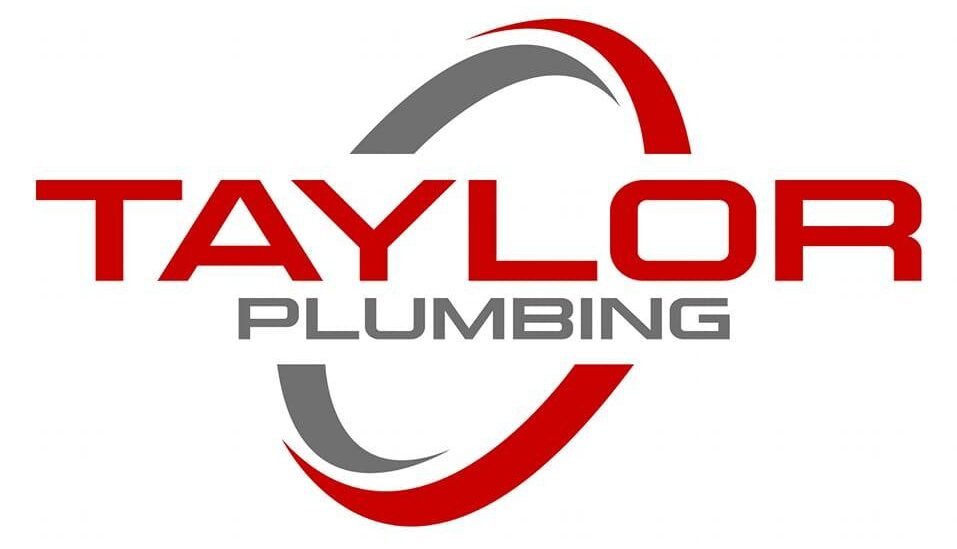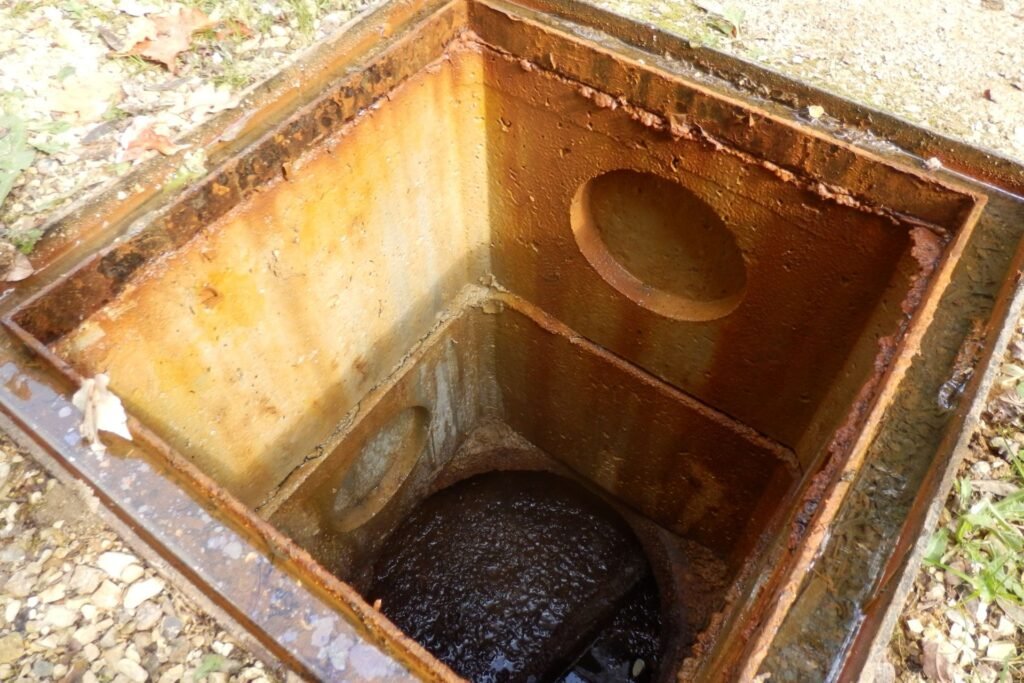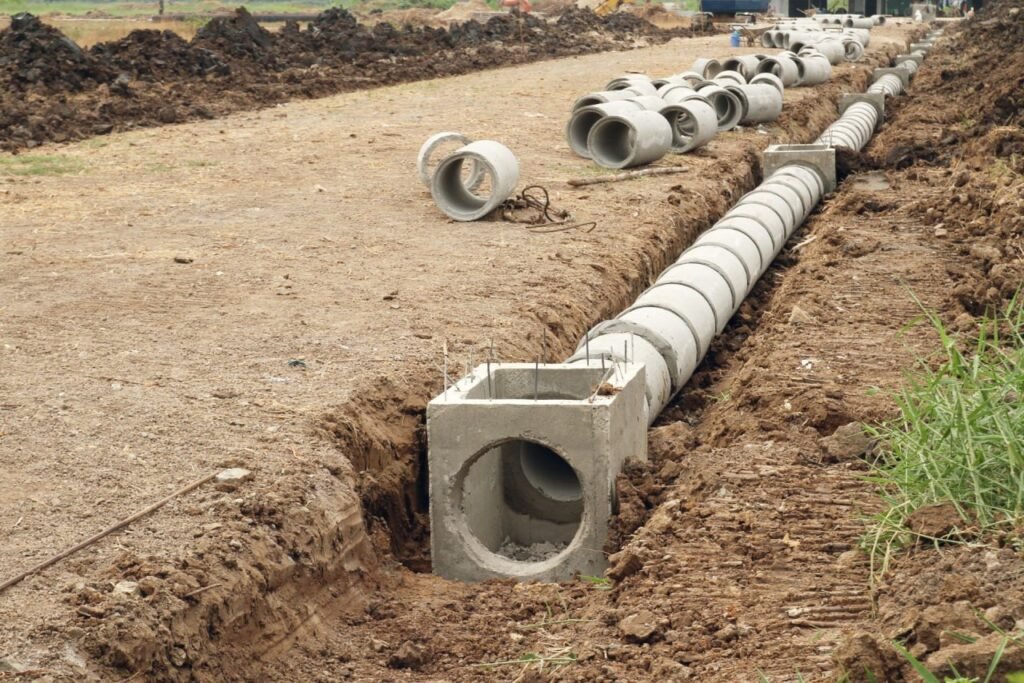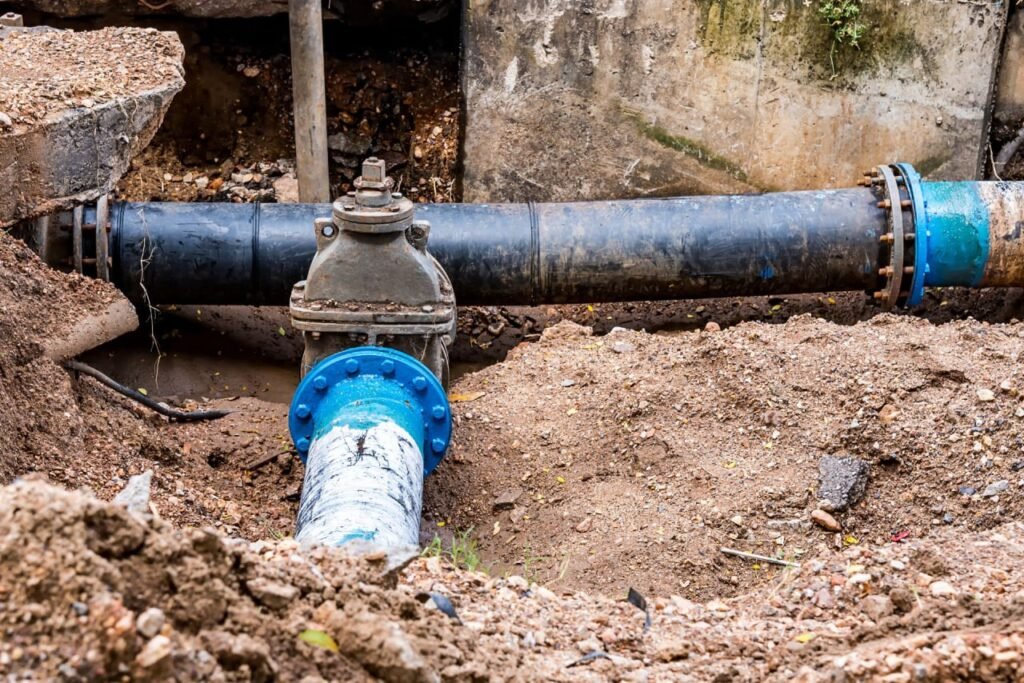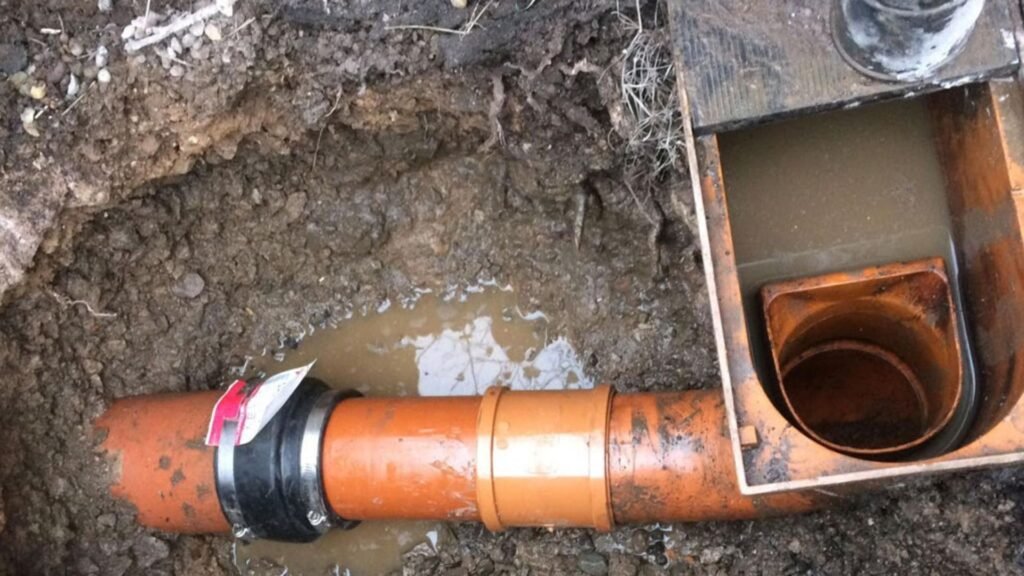Welcome to our comprehensive guide on how often your septic tank should be emptied in New Zealand. Whether you’re a seasoned homeowner or new to managing a property with a septic system, understanding the importance of regular maintenance is crucial to avoiding costly repairs and ensuring your system runs smoothly. In this article, we’ll explore the factors that influence how often you should empty your septic tank, provide insights tailored specifically to the unique conditions in New Zealand, and offer practical advice to help you maintain a healthy and efficient septic system.
A typical septic tank in New Zealand should be emptied every 3-5 years, depending on factors such as household size, tank capacity, water usage, and the age of the system. Regular maintenance is crucial to prevent costly repairs and ensure your septic system functions efficiently.
Table of Contents
Understanding Your Septic Tank System
What is a Septic Tank?
A septic tank is an essential component of a home’s wastewater treatment system, especially in rural areas where centralized sewage systems are unavailable. At its core, a septic tank is an underground chamber made of concrete, fiberglass, or plastic. It serves as a holding tank where the solid waste separates from the liquid waste in household sewage. As wastewater enters the tank, the heavier solids settle to the bottom, forming sludge, while lighter materials like oil and grease float to the top, creating a layer of scum.
The remaining liquid, known as effluent, flows out of the tank and into a drainage field or soakage trench, where it undergoes further treatment through natural processes in the soil. Bacteria in the tank play a crucial role in breaking down the solid waste, reducing its volume and minimizing the frequency of pump-outs.
In New Zealand, several types of septic systems are commonly used, each suited to different soil types and property sizes. The most prevalent systems include:
1. Conventional Gravity System: This is the most traditional system, relying on gravity to move effluent from the tank to the drain field. It’s simple and cost-effective, making it popular in many parts of the country.
2. Pressure Distribution System: In areas where the soil isn’t ideal for a gravity system, a pump might be used to distribute the effluent evenly across the drain field, preventing over-saturation.
3. Aerobic Treatment Unit (ATU): This advanced system uses oxygen to speed up the breakdown of organic matter in the effluent, resulting in cleaner discharge. It’s often used in environmentally sensitive areas.
4. Mound System: Where the water table is high or the soil is not suitable for a traditional drain field, a mound system elevates the drain field to ensure proper filtration and absorption.
Understanding how your specific septic tank system operates is the first step in ensuring its longevity and effectiveness.
Why Regular Maintenance is Crucial
Regular maintenance of your septic tank system is not just a recommendation—it’s a necessity to prevent costly repairs and ensure your system functions efficiently. Neglecting routine inspections and pump-outs can lead to a variety of issues that may not only be expensive to fix but could also pose health risks to your household and the environment.
Preventing Costly Repairs
Over time, the sludge that accumulates at the bottom of the septic tank will continue to build up. If left unchecked, this can lead to a situation where the tank becomes too full, and solids start to flow into the drain field. When solids clog the drain field, it can cause the entire system to fail, resulting in sewage backups into your home or overflows in your yard. Repairing or replacing a failed septic system is a significant expense that can be avoided with regular maintenance.
Ensuring the System Functions Efficiently
A well-maintained septic system operates efficiently, treating wastewater effectively and preventing contamination of the surrounding environment. Regular inspections allow you to catch small issues, such as leaks or cracks in the tank, before they become major problems. Additionally, routine pump-outs prevent the tank from becoming overloaded, ensuring that the system continues to process waste as designed.
In New Zealand, local councils often have specific guidelines for the maintenance of septic systems, including recommended intervals for inspections and pump-outs. Following these guidelines not only helps keep your system in top working order but also ensures you remain compliant with local regulations.
In conclusion, understanding your septic tank system and committing to regular maintenance are key to avoiding costly repairs and ensuring the longevity and efficiency of your wastewater treatment. By taking a proactive approach, you protect your investment, your health, and the environment.
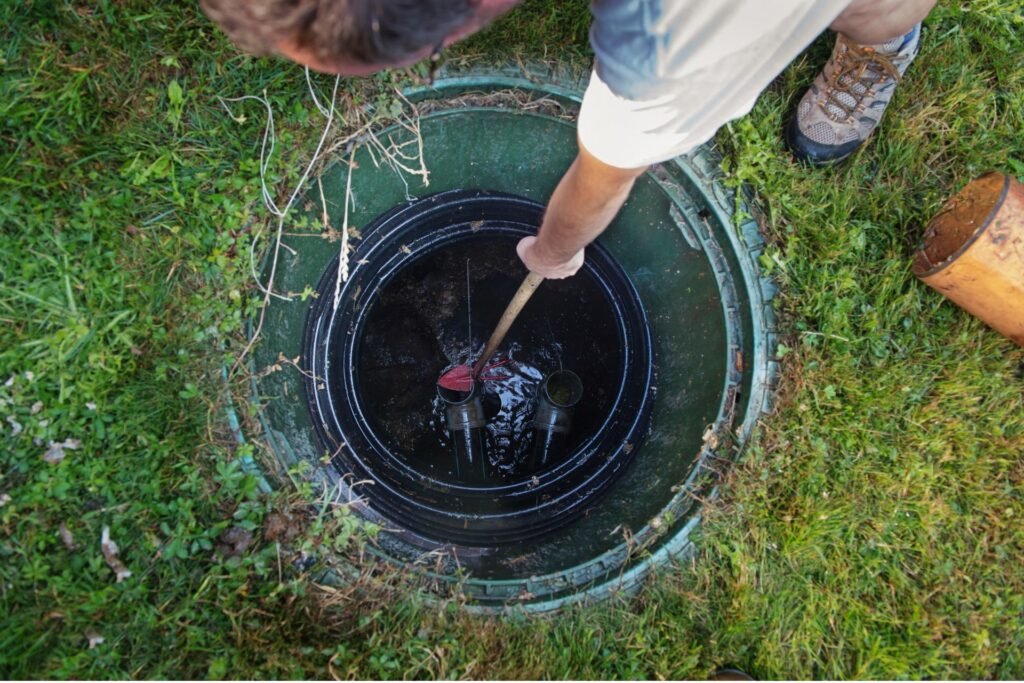
Factors That Affect How Often A Septic Tank Should Be Emptied
Maintaining a healthy septic system is crucial for any household, and knowing how often to empty your septic tank is a key part of this upkeep. Several factors come into play when determining the frequency of septic tank emptying, each impacting the system’s performance and longevity in different ways.
Household Size
The size of your household plays a significant role in determining how often your septic tank should be emptied. The more people living in your home, the more wastewater is generated, which in turn fills the septic tank more quickly. For instance, a family of five will naturally produce more waste and use more water than a couple or a single person, leading to the need for more frequent emptying. Larger households should be especially vigilant in monitoring the levels in their septic tanks to avoid overflows and potential system failures.
Tank Size
The size of the septic tank itself is another critical factor. Larger tanks can hold more waste and may not need to be emptied as frequently as smaller tanks. However, it’s not just about size; it’s also about proportion. A small tank serving a large household will need to be emptied more often than a large tank serving a smaller household. Therefore, when considering how often to schedule septic tank pumping, it’s important to balance the tank size with the household’s size and water usage patterns.
Water Usage Habits
Water usage habits within the household have a direct impact on the septic system. Excessive use of water can cause the tank to fill up more quickly. Activities like doing laundry, running the dishwasher, or taking long showers in quick succession can significantly increase the amount of water flowing into the septic system. Additionally, inefficient or leaking plumbing fixtures can contribute to higher water usage, exacerbating the need for more frequent septic tank maintenance. Practicing water conservation and spreading out high-water-use activities can help extend the time between septic tank pumpings.
Type of Wastewater
Not all wastewater is the same, and understanding the difference between greywater and blackwater is essential. Greywater, which comes from sinks, showers, and laundry, typically contains fewer solids and less harmful substances than blackwater, which comes from toilets. Blackwater is more concentrated with organic matter and can fill up a septic tank more quickly, requiring more frequent emptying. Therefore, homes that generate a higher proportion of blackwater may find that their septic tanks need to be pumped more regularly.
Age of the Septic System
The age of your septic system also affects how often it should be emptied. Older systems may not be as efficient as newer ones, and over time, they may develop issues like sludge buildup or reduced absorption capacity. As a septic system ages, it may require more frequent attention to prevent problems such as backups or leach field failures. Regular inspections can help assess the condition of an aging septic system and determine whether more frequent emptying is necessary.
Soil Absorption Rate
The type of soil in your area plays a pivotal role in how effectively your septic system processes wastewater. Soil with good absorption rates allows for better percolation of treated water from the septic tank into the leach field. However, if the soil is dense or has poor absorption qualities, it can cause the septic tank to fill up more quickly, necessitating more frequent emptying. Homeowners should be aware of their soil type and how it influences their septic system’s efficiency, adjusting maintenance schedules accordingly.
By understanding these factors, homeowners can better manage their septic systems, ensuring they operate efficiently and avoid costly repairs. Regular monitoring and maintenance based on these factors will help keep your septic system functioning optimally for years to come.

General Guidelines For Septic Tank Emptying Frequency In NZ
When it comes to maintaining a septic tank in New Zealand, understanding the proper emptying frequency is crucial for keeping your system running smoothly. Here’s a detailed look at general guidelines for when you should consider emptying your septic tank.
Average Recommendations
Septic tanks in New Zealand generally need to be emptied every 3 to 5 years. However, this interval can vary depending on several factors, such as the size of your tank, the number of people in your household, and your water usage habits. For example, a small household with a large septic tank may not need to empty it as frequently, while a larger family using a lot of water may need to schedule more frequent cleanings.
Typical intervals for emptying (e.g., every 3-5 years)
The general rule of thumb is to have your septic tank inspected and pumped out every 3 to 5 years. This timeframe helps prevent the build-up of solid waste, which can lead to blockages, overflow, or even system failure. Regular maintenance also ensures that any potential issues are caught early, saving you from costly repairs down the line.
Variations based on the above factors
Several factors can influence how often you need to empty your septic tank. For instance, if you have a large family or frequently host guests, your tank will fill up faster due to increased water usage. Conversely, if your household is small or you’re particularly mindful of water conservation, you might be able to extend the period between cleanings. Additionally, the age and condition of your septic system, as well as the types of products you flush down the drain, can also affect how often it needs to be emptied.
Local Regulations
Overview of any NZ-specific regulations regarding septic tank maintenance
In New Zealand, there are specific regulations governing the maintenance of septic tanks, which can vary depending on the region you live in. Local councils often set the rules for how often septic tanks should be emptied and may require you to keep records of maintenance to ensure compliance. These regulations are in place to protect the environment and public health, as a poorly maintained septic tank can contaminate water sources and soil. It’s essential to check with your local council to understand the specific requirements in your area. Regularly adhering to these regulations not only keeps your system in check but also helps you avoid fines or penalties.
Signs That Your Septic Tank Needs Emptying Sooner
Sometimes, even with regular maintenance, you might need to empty your septic tank sooner than the average recommendation. Being aware of the signs that indicate your tank is nearing capacity can prevent unpleasant surprises and costly repairs.
Slow drains, unpleasant odors, pooling water, etc.
One of the most common signs that your septic tank is full is slow-draining sinks, showers, or toilets. If water is taking longer than usual to drain, it could be a sign that your tank is nearing its limit. Additionally, unpleasant odors around your property, particularly near the tank or drain field, can indicate that waste is not being processed properly. Pooling water or damp spots in your yard, especially near the septic system, is another red flag that your tank might be full. These issues should not be ignored, as they can lead to more severe problems, including sewage backups into your home or environmental contamination.
If you notice any of these signs, it’s crucial to contact a professional to inspect and potentially empty your septic tank as soon as possible. Addressing these issues promptly can save you from more extensive damage and ensure your septic system continues to function effectively.

Professional Vs. DIY Septic Tank Maintenance
Maintaining your septic tank is a crucial aspect of homeownership, ensuring that your system functions properly and avoids costly repairs or replacements. When it comes to septic tank maintenance, you generally have two options: hiring a professional or taking on some tasks yourself. Here’s a detailed look at both approaches, including when it’s best to leave the job to the experts and what you can safely handle on your own.
Hiring a Professional
Benefits of Professional Service
Hiring a professional for septic tank maintenance offers several key benefits that can save you time, stress, and potentially a lot of money in the long run. Firstly, professionals have the experience and expertise to thoroughly inspect your system and identify any potential issues before they become major problems. They know the intricacies of septic systems and can perform tasks that require specialized equipment and knowledge, such as pumping out the tank, inspecting the drain field, and ensuring that all components are functioning correctly.
Additionally, professional service providers often offer routine maintenance plans, which means they’ll come out on a regular schedule to inspect and maintain your system. This can give you peace of mind, knowing that your septic tank is being looked after without you having to remember to schedule appointments.
Another significant benefit of hiring a professional is that it can prevent accidental damage. Septic systems are complex, and attempting to maintain or repair them without the proper skills can lead to costly mistakes. A professional can also ensure that your system is compliant with local regulations, which is particularly important in New Zealand, where specific guidelines must be followed to protect the environment.
How to Choose a Reputable Septic Tank Service Provider in NZ
Choosing the right septic tank service provider is crucial to ensuring your system is properly maintained. In New Zealand, you should look for a company with a solid reputation, backed by positive reviews and testimonials. Start by asking for recommendations from friends, family, or neighbors who have had similar services performed. Online reviews can also provide valuable insights into the reliability and professionalism of a service provider.
When evaluating potential companies, consider their experience and qualifications. It’s essential to choose a provider who is licensed and insured, as this ensures they are qualified to perform the work and that you are protected in case of any accidents or damages. Ask about their experience with systems similar to yours and inquire about the specific services they offer.
Finally, compare quotes from multiple providers to ensure you’re getting a fair price. However, remember that the cheapest option isn’t always the best. Quality of service should be your top priority, as poor maintenance can lead to more significant issues down the line.
DIY Maintenance Tips
Safe Practices for Minor Maintenance Tasks
While it’s generally advisable to hire a professional for most septic tank maintenance tasks, there are a few minor jobs that you can safely handle yourself. Regularly inspecting your system for signs of trouble, such as slow drains, bad odors, or wet spots in your yard, can help you catch issues early. If you notice anything unusual, it’s essential to address it promptly.
One of the simplest maintenance tasks you can do yourself is conserving water to reduce the strain on your septic system. Be mindful of how much water you use, particularly during periods of heavy rain, as excessive water can overwhelm your septic tank. Fix any leaking faucets or toilets immediately, and consider installing low-flow fixtures to reduce water usage.
Another DIY task is to be cautious about what goes down your drains. Avoid flushing anything other than toilet paper, and be mindful of what you pour down the sink, as certain chemicals and fats can harm your septic system. Keeping a healthy balance of bacteria in your tank is also crucial, so avoid using harsh chemicals that could disrupt this balance.
When to Definitely Call a Professional
While there are some tasks you can handle on your own, certain situations require the expertise of a professional. If you notice any signs that your septic tank is failing—such as sewage backing up into your home, persistent foul odors, or pooling water around the drain field—call a professional immediately. These issues often indicate severe problems that require specialized equipment and knowledge to resolve.
Additionally, septic tank pumping should always be left to the professionals. Pumping is a messy and potentially hazardous job that requires specialized equipment to ensure it’s done correctly. The frequency of pumping will depend on the size of your tank and the number of people in your household, but a general rule of thumb is to have it done every three to five years.
Finally, if you’re planning any major landscaping or construction projects near your septic system, consult a professional beforehand. They can help you avoid damaging your system and ensure that any work you do won’t interfere with its operation.
In conclusion, while some aspects of septic tank maintenance can be handled by a diligent homeowner, the complexities and risks involved with septic systems mean that professional service is often the best option. By understanding when to take action yourself and when to call in the experts, you can help keep your septic system running smoothly for years to come.
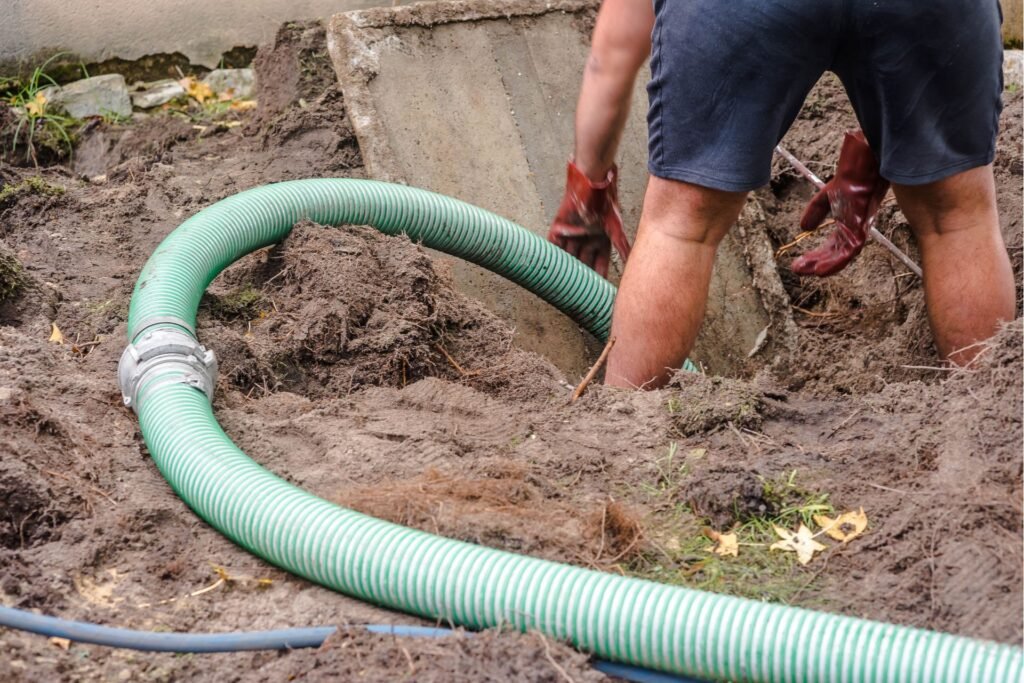
Costs Associated With Septic Tank Emptying In NZ
When it comes to maintaining your septic system, understanding the costs associated with septic tank emptying in New Zealand is crucial. Whether you’re a homeowner managing your property or someone new to septic systems, knowing what to expect in terms of expenses can help you plan and budget effectively. This section will delve into the average costs, factors that influence pricing, and some valuable cost-saving tips.
Average Costs
Septic tank emptying in New Zealand typically ranges between NZD 200 to NZD 400 per service. However, this can vary depending on several factors, which we’ll explore shortly. Generally, the cost reflects the level of service provided, including the disposal of waste in compliance with local regulations and the expertise of the service provider. It’s important to note that prices might fluctuate based on the region and the specific requirements of your septic system. For example, rural areas may see different pricing structures compared to urban centers due to travel distances and access to disposal facilities.
Factors Influencing Cost
Several key factors can influence the cost of septic tank emptying services in New Zealand:
- Accessibility: The ease of access to your septic tank plays a significant role in determining the overall cost. If your tank is located in a hard-to-reach area or requires special equipment to access, you can expect higher charges. For instance, if the service provider needs to use longer hoses or additional machinery to reach the tank, this could add to the cost.
- Tank Size: Larger tanks require more time and resources to empty, which can increase the cost. A standard household septic tank typically holds between 3,000 to 5,000 liters, but larger systems, especially those used for commercial properties, can hold much more. The bigger the tank, the more it will cost to service.
- Location: Your geographical location within New Zealand can also impact the cost. Areas with limited service providers might see higher prices due to less competition. Additionally, if you live in a remote area, the added travel distance for the service provider can contribute to a higher overall cost.
- Service Provider: Different companies have varying pricing structures based on their level of expertise, equipment, and customer service. It’s not uncommon for well-established providers to charge more, reflecting their reputation and quality of service. However, this doesn’t necessarily mean you should always go with the cheapest option, as the level of service and compliance with regulations should also be considered.
Cost-Saving Tips
While septic tank maintenance is a necessary expense, there are several ways you can reduce costs over time:
- Regular Maintenance: One of the most effective ways to save money is by scheduling regular maintenance for your septic system. By keeping up with routine inspections and pump-outs, you can prevent costly emergency services. Emergency call-outs tend to be much more expensive than regular maintenance, often due to the urgency and potential complications involved.
- Comparing Quotes: Don’t settle for the first quote you receive. Take the time to compare prices from multiple service providers. Not only can this help you find a more competitive rate, but it also allows you to assess the services offered by different companies. When comparing quotes, make sure to consider what’s included in the service, such as the disposal fees, travel costs, and any additional charges for difficult access.
- Efficient System Use: Being mindful of how you use your septic system can also contribute to cost savings. Avoid flushing non-biodegradable items and reduce water usage to minimize the strain on your system. Less frequent use of the tank means it will fill up more slowly, potentially extending the time between necessary emptying services.
By understanding the costs and factors involved in septic tank emptying in New Zealand, you can make informed decisions that help you maintain your system efficiently and economically. Regular maintenance and smart comparisons can keep your septic system in good condition while saving you money in the long run.
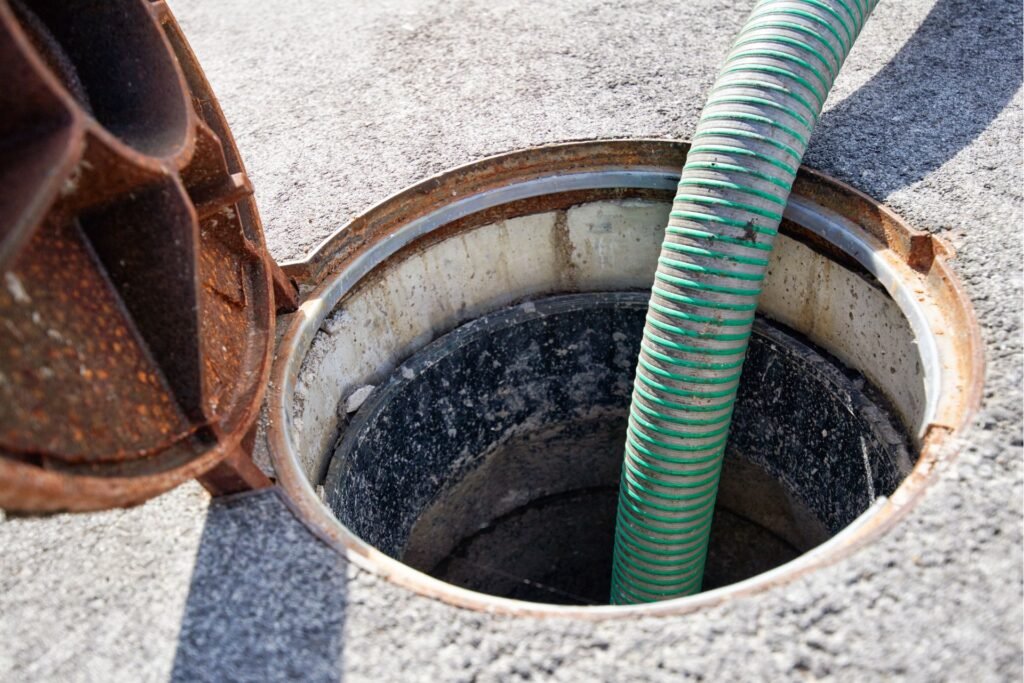
How To Extend The Time Between Septic Tank Empties
Maintaining a septic system is a delicate balance between managing what goes into it and how often it needs to be emptied. By adopting a few practical habits and routine maintenance, you can significantly extend the time between septic tank pumps, which can save you both time and money. Here are some key strategies to help you achieve this:
Water Conservation Tips
One of the most effective ways to extend the time between septic tank empties is to reduce the amount of water entering your system. The less water your household uses, the less stress on your septic tank. Here are some simple yet impactful water conservation tips:
- Fix Leaks Promptly: Even a small leak, such as a dripping faucet or a running toilet, can add a significant amount of water to your septic system. Fixing these leaks as soon as possible will prevent unnecessary water from overwhelming your tank.
- Install Water-Efficient Fixtures: Consider replacing old fixtures with water-efficient ones, such as low-flow toilets, showerheads, and faucets. These fixtures use less water without sacrificing performance, which helps reduce the overall volume of wastewater entering your septic tank.
- Be Mindful of Laundry Practices: Spreading out laundry loads throughout the week rather than doing them all at once can help manage the amount of water entering the system. Additionally, using the appropriate load size setting on your washing machine can prevent excess water from being used.
- Practice Shorter Showers: Encourage household members to take shorter showers to reduce water consumption. Even shaving off a minute or two from each shower can make a big difference over time.
Waste Management Practices
What you flush or pour down the drain directly impacts your septic system’s health. Improper waste disposal can lead to clogs, reduced efficiency, and more frequent tank empties. Here are some waste management practices to adopt:
- Avoid Flushing Non-Degradable Items: The only things that should be flushed down the toilet are human waste and toilet paper. Items like wipes, feminine hygiene products, and paper towels do not break down easily and can cause blockages in your septic system, leading to more frequent pump-outs.
- Proper Disposal of Household Chemicals: Household chemicals, such as paints, solvents, and cleaning products, can disrupt the natural bacterial balance in your septic tank that is essential for breaking down waste. Dispose of these chemicals properly—ideally through designated hazardous waste programs—to avoid harming your septic system.
- Compost Organic Waste: Instead of using a garbage disposal for food scraps, consider composting organic waste. Garbage disposals increase the amount of solid waste in your septic tank, filling it up faster and necessitating more frequent emptying.
Routine Inspections
Regular inspections are crucial for maintaining the health of your septic system and catching potential issues before they become major problems. Here’s why routine checks are so important:
- Catch Issues Early: Regular inspections by a professional can identify small issues like leaks, clogs, or damage to the tank or drain field that might not be immediately apparent. Addressing these issues early can prevent costly repairs and extend the time between septic tank empties.
- Monitor Sludge Levels: During an inspection, the sludge and scum layers in your septic tank are measured. If these layers are allowed to build up too much, they can cause the system to fail. Regular monitoring ensures that the tank is pumped only when necessary, based on actual need rather than a set schedule.
- Ensure Proper Functioning of Components: Inspections also involve checking the functioning of components like baffles and filters, which are critical for the system’s efficiency. Ensuring these components are working correctly can prolong the interval between necessary pump-outs.
By implementing these water conservation tips, waste management practices, and routine inspections, you can help ensure that your septic system operates efficiently and lasts longer between pump-outs. This not only saves money but also helps protect the environment by reducing the risk of system failures that can lead to groundwater contamination.
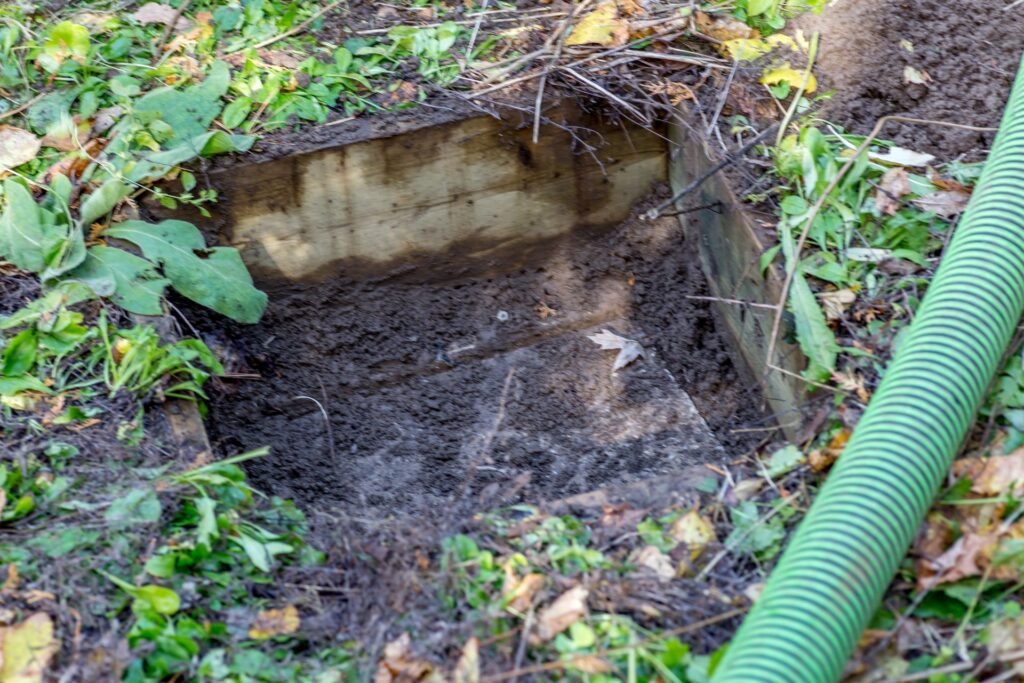
FAQs: About How Often Should A Septic Tank Be Emptied NZ
What is the recommended frequency for emptying a septic tank in New Zealand?
Generally, septic tanks in New Zealand should be emptied every 3-5 years. However, this can vary depending on factors such as household size, water usage, and the age of the septic system.
What are the signs that my septic tank needs to be emptied?
Common signs include slow-draining sinks and toilets, unpleasant odors around your property, pooling water near the septic tank area, and unusually lush grass growth over the tank.
How does the size of my household affect the frequency of septic tank emptying?
Larger households produce more wastewater, which can fill the septic tank more quickly, leading to a need for more frequent emptying, possibly every 2-3 years.
Are there any regulations in New Zealand regarding septic tank maintenance?
Yes, some local councils in New Zealand have specific regulations and guidelines for septic tank maintenance. It’s important to check with your local council for any mandatory requirements.
Can I empty my septic tank myself, or should I hire a professional?
It’s highly recommended to hire a professional for septic tank emptying. They have the necessary equipment and expertise to do the job safely and efficiently, minimizing the risk of damage to your system.
What factors can increase the cost of emptying a septic tank in NZ?
Costs can be higher if your septic tank is difficult to access, if you live in a remote area, or if the tank hasn’t been maintained regularly, leading to a more complex cleaning process.
How can I extend the time between septic tank emptying?
To extend the time between emptying, practice water conservation, avoid flushing non-degradable items, and conduct regular inspections to catch any issues early.
What should I do if my septic tank is overflowing?
If your septic tank is overflowing, contact a professional service immediately. Avoid using any more water until the issue is resolved to prevent further overflow and potential damage.
Can additives reduce the need for septic tank emptying?
While some additives claim to reduce sludge build-up, they are not a substitute for regular emptying. It’s best to rely on routine maintenance and professional inspections.
Is there a difference in septic tank emptying frequency between rural and urban areas in New Zealand?
The frequency of emptying can be similar, but rural areas might have different soil absorption rates and water usage patterns, which can influence how often the tank needs to be serviced.
Conclusion
Regular septic tank maintenance is essential for ensuring the longevity and proper functioning of your system. Over time, various factors like household size, water usage, and the type of waste processed can influence how often your tank needs to be emptied. Neglecting this critical task can lead to costly repairs and environmental hazards, so it’s crucial to stay proactive. By scheduling regular maintenance and seeking professional assistance when needed, you can avoid potential issues and ensure your septic system runs smoothly. Don’t wait until it’s too late—reach out to a local expert today for an inspection or maintenance service to keep your system in top shape.
About the Author:
Mike Veail is a recognized digital marketing expert with over 6 years of experience in helping tradespeople and small businesses thrive online. A former quantity surveyor, Mike combines deep industry knowledge with hands-on expertise in SEO and Google Ads. His marketing strategies are tailored to the specific needs of the trades sector, helping businesses increase visibility and generate more leads through proven, ethical methods.
Mike has successfully partnered with numerous companies, establishing a track record of delivering measurable results. His work has been featured across various platforms that showcase his expertise in lead generation and online marketing for the trades sector.
Learn more about Mike's experience and services at https://theleadguy.online or follow him on social media:
